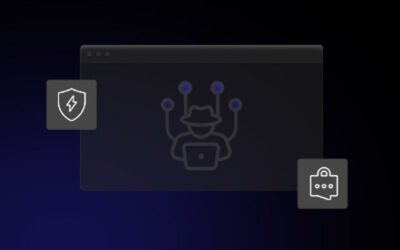Even as an adult, it’s a struggle to stay secure online—creating strong passwords, maintaining a basic knowledge of malicious online content, and knowing what to post and what not to post on social media accounts.
As a parent, this struggle can become almost impossible. At this point, you’re not only trying to keep yourself secure, but you’re trying to secure the online lives of your children too. And your kids likely don’t have the same knowledge of security and common scams as you.
However, you can establish a good sense of online security for your children if you follow a few simple guidelines. The following three guidelines will help your children maneuver through the digital realm more securely and with more intelligence and, ultimately, help them avoid unnecessary digital hiccups.
LAY OUT THE RULES
Many parents make the mistake of not explicitly stating what the rules are. Instead, they just assume their children know what is right and what is wrong, and this is a major misstep.
Children are inherently curious and will be no different on the internet and with their connected devices. Because of this, you should explain to your children what they shouldn’t do online.
But don’t just stop there…explain why – even if it’s uncomfortable for you to explain why, do it anyways. It’s critical that your children know the full consequences of poor online choices.
BLOCK SOME CONTENT
There are applications available that give parents the ability to block online content and smartphone applications and to monitor their children’s online activities. This is especially beneficial for young children who do not know how to determine for themselves if and why something is bad. It only takes one absent-minded click to an enticing, but malicious, website to infect your computer.
The older they get, though, the less you should restrict. Monitoring a teenager’s online activities can actually create a negative result and make them want to pick up poor online habits.
INVOLVE YOURSELF
When your children are just starting out, you should only allow them to be on connected devices when you are within eyesight. If you can, play a game or browse YouTube with them. This way, you can control how far the reigns are released, fully releasing them only when you feel like you are ready.
If you teach your children online safety in this fashion, your children are more likely to be honest and open with you about their online habits as they age.




